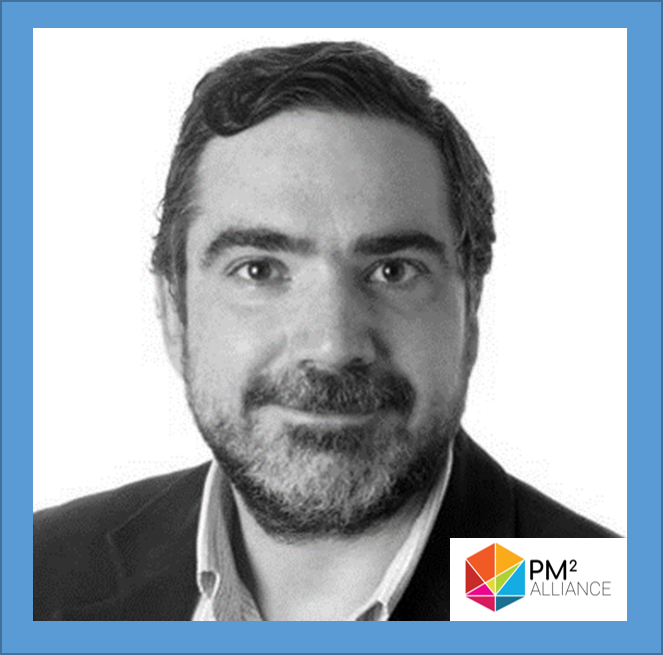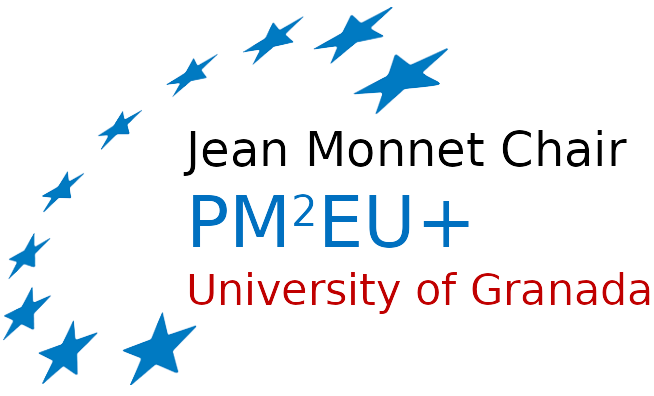Short CV:
I am an agricultural engineer by education and an expert in the management of international cooperation for development projects by vocation. Currently I am the Regional Coordinator of PM² Alliance for Spain and an independent consultant advising on project management to various entities. I have worked with both NGDOs and funding agencies (Spanish Agency for International Development Cooperation and European Commission) in several countries in America (Nicaragua, Guatemala and El Salvador); Africa (Namibia and Mozambique) and Europe (Spain and Cyprus). I have held positions of responsibility in projects in a wide variety of sectors, including humanitarian action, rural development, water and sanitation and even cultural heritage. The common link in my entire professional career is projects, their management and their ability to transform the world to make it a little better.
When did I meet PM²:
I met PM² while working for the European Commission in Cyprus. I identified the courses on PM² that were offered in the internal training catalog quickly, because I have always been linked to project management and I wanted to know the methodology of the European Commission. But the courses were designed for people working in Brussels, with two-day modules separated every few weeks which made it almost impossible to travel from Cyprus to attend the different modules. I proposed to my superiors to try to organize the intensive course for one week in Cyprus, for the whole team, and they found it a good idea. So from Brussels they sent Nicos Kourounakis to give us the training for the whole team of about 20 people. After the courses I took the certification exam of the European Commission and I kept in touch with Nicos with the idea of, at some point, trying to adapt the methodology to the particular needs and characteristics of international development cooperation projects.
Positive aspects of PM²:
What I find most positive about PM² I have expressed in some articles and posts on LinkedIn, and they are summarized in these 10 reasons to fall in love with PM²:
- PM² is the Project Management Methodology that European Commission has developed and made available to European citizens.
- It is open source and therefore free, to use and reproduce, indicating the original source.
- It is short and useful. It includes all the necessary elements to address the direction of any project.
- Es light and easy for understanding. It focuses on the essentials, it does not pretend to be an encyclopedia.
- It is enormously flexible. The methodology is at the service of the project and not the contrary.
- Its model of governance is very easy to understand and clearly assigns the different roles and responsibilities to the team members, avoiding possible conflicts and inefficiencies.
- It provides a common language for all those who work in project management.
- The mechanism of cedrtification is open to everyone at affordable prices and does not require previous training.
- Collects and incorporates elements and good practices globally recognized.
- It is 100% common sense usable from the first moment.
Points of improvement and future work:
I think the Guide is a very rounded and well-finished document. I miss that the processes, which are part of the pillars of the methodology, are made explicit, although I understand the logic of presenting them throughout the life cycle. In any case, I think that people who are not familiar with professional project management would find it easier to visualize the set of processes and how they fit into the different phases.
Another aspect that I think can be improved is the artefacts, which I think are thought of in a very generic way and with a more arid approach than the Guide itself. Each organization has a basis for adapting them to its needs, and surely simplify them to improve the fluidity of the use of the artifacts.
I am part of the PM² Alliance working group to adapt the methodology and the Guide to the European project grant format and I lead the adaptation of the methodology to international development cooperation projects, as part of my PhD studies at the Universidad Politécnica de Madrid.

